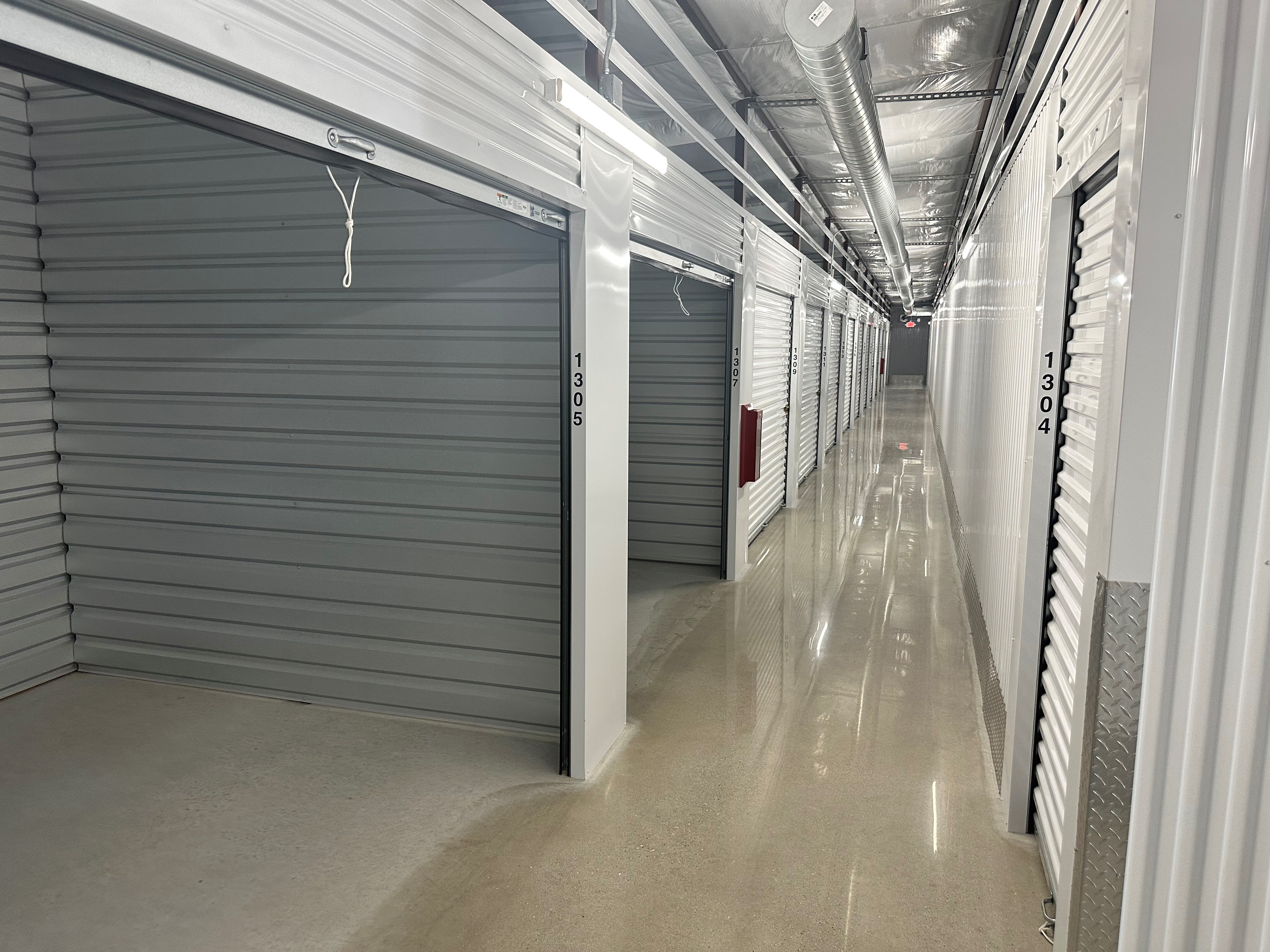The Importance of Climate-Controlled Storage in Texas Summers
—
July 25th, 2024

Texas summers are notorious for their extreme heat and high humidity levels. These conditions can pose significant risks to your valuable belongings, especially those stored away from the controlled environment of your home. Climate-controlled storage units offer a reliable solution to safeguard your possessions from the damaging effects of Texas's intense summer weather.
Understanding the Texas Summer Climate
Texas summers are characterized by soaring temperatures, often exceeding 100 degrees Fahrenheit, accompanied by high humidity levels. This combination creates a challenging environment for storing sensitive items. Prolonged exposure to such conditions can lead to various forms of damage, including warping, mold growth, and deterioration of materials.
Risks of Heat and Humidity Damage
- Warping and Cracking
- Wooden Furniture: High temperatures cause wood to expand and contract, leading to warping, cracking, and weakening of the structure.
- Musical Instruments: Instruments made of wood, such as guitars and pianos, are particularly susceptible to warping, affecting their sound quality and playability.
- Mold and Mildew Growth
- Clothing and Fabrics: Humidity creates a breeding ground for mold and mildew, which can permanently stain and damage fabrics.
- Books and Paper Items: Moisture can cause pages to become discolored, warped, and moldy, compromising the integrity of important documents and cherished books.
- Electronic Damage
- Components and Circuits: Heat and humidity can damage electronic components, leading to malfunction or complete failure of devices such as computers, televisions, and audio equipment.
- Corrosion: Moisture can cause corrosion on metal parts, further compromising the functionality of electronics.
- Degradation of Art and Antiques
- Paintings and Photographs: Extreme temperatures and humidity levels can cause artwork to fade, crack, or become discolored.
- Antique Furniture: Historical pieces are often more delicate and susceptible to damage from environmental fluctuations.
The Role of Climate-Controlled Storage Units
Climate-controlled storage units maintain a consistent temperature and humidity level, providing an optimal environment for storing sensitive items. These units typically keep the temperature between 55 and 85 degrees Fahrenheit and regulate humidity levels to prevent the growth of mold and mildew.
Benefits of Climate-Controlled Storage Units
- Temperature Regulation
- Consistent Environment: By maintaining a stable temperature, climate-controlled units prevent the expansion and contraction of materials, reducing the risk of warping and cracking.
- Protection from Heat: Sensitive items such as electronics, photographs, and antiques are shielded from the damaging effects of excessive heat.
- Humidity Control
- Moisture Prevention: Regulating humidity levels helps prevent the buildup of moisture, protecting fabrics, paper items, and other materials susceptible to mold and mildew.
- Enhanced Preservation: Items that are particularly vulnerable to humidity, such as musical instruments and books, remain in better condition over time.
- Improved Air Quality
- Filtration Systems: Climate-controlled units often include air filtration systems that reduce dust, allergens, and pollutants, ensuring a cleaner storage environment.
- Odor Control: Proper ventilation helps prevent musty odors that can develop in enclosed, humid spaces.
- Enhanced Security
- Controlled Access: Many climate-controlled storage facilities offer enhanced security features, including controlled access, surveillance cameras, and individual unit alarms.
- Peace of Mind: Knowing that your valuables are stored in a secure, climate-regulated environment provides peace of mind and reduces stress.
Choosing the Right Climate-Controlled Storage Unit
When selecting a climate-controlled storage unit in Texas, consider the following factors:
- Location
- Choose a facility that is conveniently located, allowing easy access to your stored items. Proximity to your home or business can also reduce transportation costs.
- Facility Features
- Look for facilities that offer advanced security measures, clean and well-maintained units, and flexible access hours to accommodate your schedule.
- Unit Size
- Assess the size of the unit you need based on the volume and type of items you plan to store. It's essential to choose a unit that provides adequate space without being too large, as this can increase costs.
- Reputation and Reviews
- Research customer reviews and ratings to gauge the reliability and quality of the storage facility. Positive feedback from other customers can provide insight into the facility's performance.
- Cost
- Compare prices between different storage facilities to ensure you are getting the best value for your money. While climate-controlled units may be more expensive than standard units, the added protection justifies the investment.
Conclusion
Texas summers can be harsh on your valuable possessions, but climate-controlled storage units offer a reliable solution to mitigate the risks of heat and humidity damage. By maintaining a consistent temperature and humidity level, these units provide an optimal environment for preserving the integrity of your belongings. Whether you are storing wooden furniture, electronics, artwork, or important documents, climate-controlled storage ensures that your items remain in excellent condition.Investing in a climate-controlled storage unit is a proactive step to protect your valuables from the extreme Texas summer climate. With the added benefits of enhanced security and improved air quality, these units offer peace of mind and long-term preservation for your cherished possessions. When choosing a storage facility, consider factors such as location, features, unit size, reputation, and cost to make an informed decision that best suits your needs.
Categories
_05222023083413221.png)